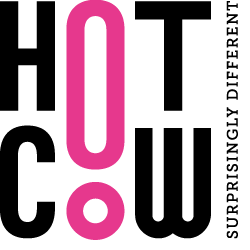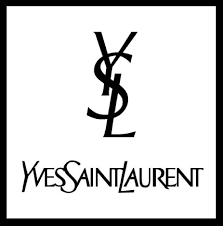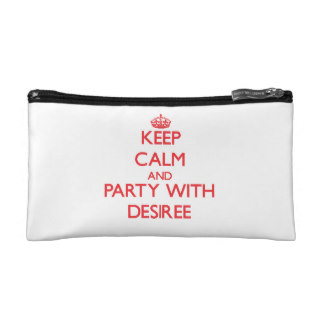Ever tried using video for your experiential marketing? Gone are the days of raiding your mothers makeup bag and trying to recreate her every makeup move; with numerous demo videos available at the click of a button, more and more women are turning to video streaming websites for advice.
Knowing just how popular online make-up tutorials are, Yves Saint Laurent has come up with an innovative way of creating bespoke beauty experiences for their customer’s, using a growing trend in hi-tech accessories: Google Glass.
How does it work?
After the customer has chosen from a menu of makeup tutorials, an in-store YSL makeup artist work their magic — while recording the action on Google Glass. Once satisfied with the final look, customers receive an email with a link to their video, which includes personalised advice, tailored to their individual skin type. With the step-by-step instructions, they can watch and learn as often as they need.
Yves Saint Laurent is committed to helping consumers to elevate their skills, and this novel approach; combining experiential technology and customer service empowers the consumer, while solving a problem for them.
The concept could revolutionise how marketers manage their product sampling campaigns and product demos, by creating much more personalised and engaging experiences for consumers.
Taking Google Glass to the next level
The world has been watching Google roll out its revolutionary head-mounted display product for several years now, but even before Google Glass has gone mainstream, a Florida based tech company claims to have developed technology that supersedes the capabilities of the technology.
Magic Leap’s “light field” technology seamlessly blends computer-generated graphics with the real world. It is perhaps best demonstrated in this video, which illustrates how using its technology, someone could see a tiny elephant in their hands:
https://www.youtube.com/watch?v=JW4OqhfGPII
The technology transcends the concepts of virtual reality (VR) and augmented reality (AR), and Magic Leap claim that they have overcome some of the physical and sensory problems that VR and AR can induce, such as motion sickness, headaches and dizziness. This is due to how the technology works; by projecting an image onto the viewer’s retina, described as a “3-D light sculpture.”
Google and several other well known venture capital firms have funded the development of the technology, and are betting big on VR and AR as the next trends in content delivery and ad delivery platforms.
Hotcow is a non-traditional creative agency that specialises in experiential marketing that goes viral. Our campaigns generate buzz through crowd participation, PR and content sharing. Contact us on 0207 5030442 or email us on info@hotcow.co.uk.




